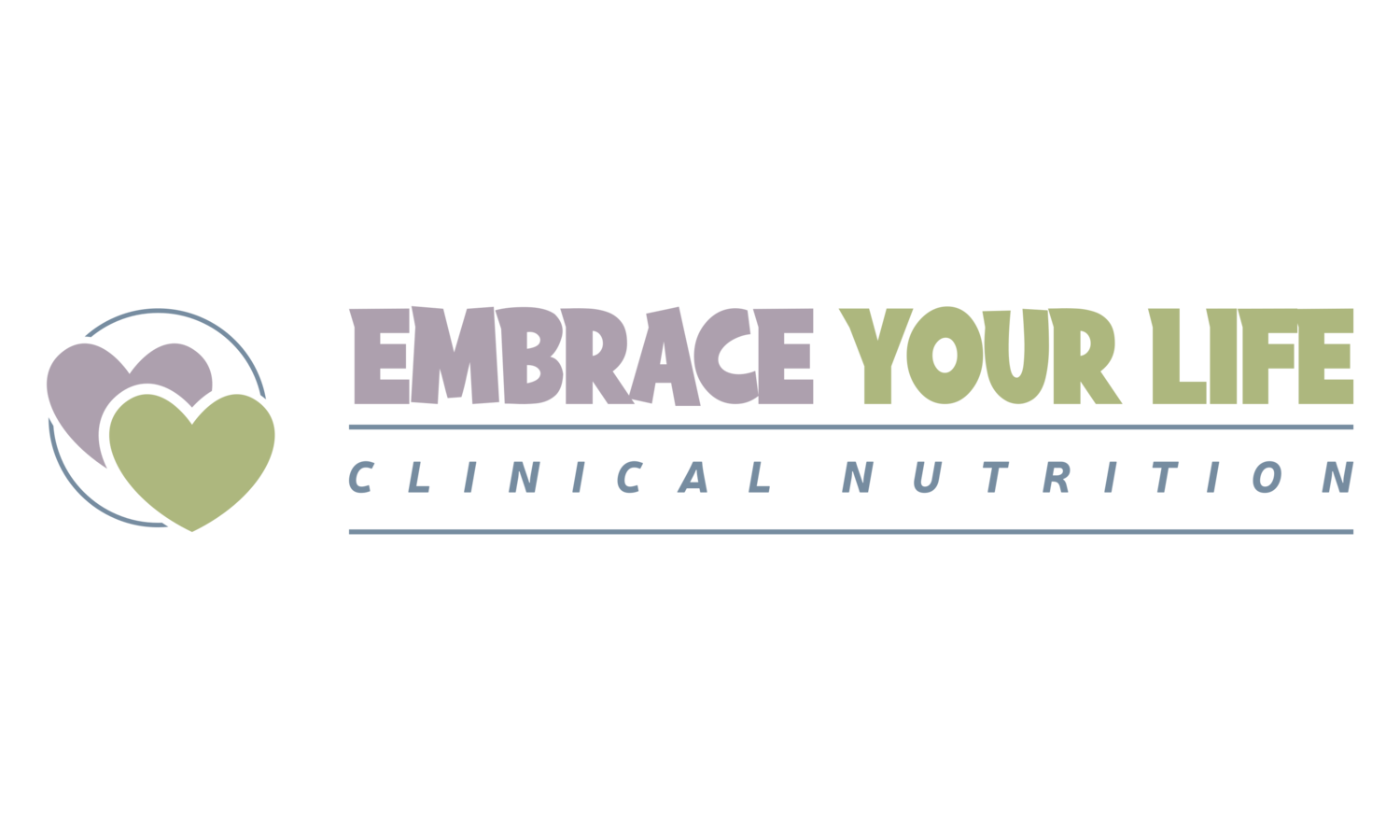Why do we need to eat food?
To even begin to understand the role of nutrition in our health you need to ask the question - why do we actually eat?
There are a few fundamental things we need for survival.
These are:
fresh air to breathe
sufficient clean water
adequate sleep
nutrition
Even though there is generally an abundance of food available to us, many people are not in optimal health because much of the food they eat (processed & packaged food) does not possess the adequate nutrients to support their body to function properly. The whole reason you eat is to provide the right fuel to your body - you don’t eat just because it tastes nice or to fill your bellies!
The more nutritious food you eat - the more likely you are to experience good health. The more crap food you eat - the more likely you will be to experience health issues. A lot of processed and packaged foods are lacking in essential nutrients and contain a whole lot of chemicals and additives that our body does not even recognise as food.
You need an wide array of nutrients, in the right quantities. Vitamins, minerals, amino acids, phytochemicals and fibre are needed for all of your body’s cells, organs and body systems to function well. There are also compounds in our food that ‘speak’ to our genes and can help support the expression of our genes - a fascinating emerging science called nutrigenomics.
When you eat a balanced, predominately whole-food diet, that is high in a variety of vegetables, fruits, healthy fats and lean protein, you are supporting your body to function at its best. If you eat a poor nutritionally-deficient diet that is full of ultra-processed foods, additives, preservatives, trans-fats you are inviting ‘dis-ease’ and dysfunction into your body.
Let’s have a look at what components you need in your diet to promote good health.
Macronutrients & Micronutrients
Macronutrients consist of water, protein, carbohydrates and fats, which are needed by the body in larger quantities than micronutrients.
Micronutrients are vitamins and minerals. These are needed in smaller quantities than macronutrients, though they are still absolutely vital for health. All of these nutrients are needed in the right quantities as well as in the right ratios in relation to each other. Different people need different amounts of these nutrients depending on their genetics, current health status, weight and even their ancestral background.
Protein
Protein is essential in helping build and repair muscles, energy production, hormones, enzymes and other body tissues. Good digestive function is vital to break down proteins in the gut into amino acids which are then used to make other proteins and neurotransmitters.
Good sources of protein include meats, poultry, fish and eggs. Some plant foods also contain protein but they may not be as bioavailable and larger quantities would be needed.
Carbohydrates
Carbohydrates are one of the main sources of energy in the body and can be split into complex and simple carbohydrates. Complex carbohydrates will provide the body with sustained energy and include foods such as vegetables, fruits, whole grains such as oats and quinoa which will help keep blood glucose levels more even throughout the day.
Simple carbohydrates include foods such as breakfast cereals, biscuits, cakes and processed foods which lack vitamins and minerals and contribute to poor blood glucose control and should be minimised.
Healthy Fats
Healthy fats are also necessary for good health. They are necessary for optimal health to provide energy, heart and hormone health and help reduce inflammation. Healthy unsaturated fats include omega-3 fatty acids and can be found in fish, avocado, olive oil, nuts, seeds.
Too much saturated fat and any trans-fats can have the opposite effect of increasing inflammation, increasing cholesterol and triglyceride levels and increasing risk of obesity and cardio vascular disease.
Water
Sufficient hydration is vital for our health. Approximately 50-60% of our bodies are made up of water. You should aim to drink about 30ml times your body weight in kilos of clean, filtered water a day, which for most people adds up to about 1.8 to 2.5 litres.
Vitamins and Minerals
A variety of vitamins and minerals, again in the right ratios, are necessary for your body to function properly.
A balanced diet, including a range of whole foods, should provide most if the necessary nutrients you need but supplementation may be needed especially when experiencing ill-health and/or high stress.
How can you improve your nutrient intake today?
Knowing what your body needs can be tricky. If you would like to find out how I can help you book a free 15 minute chat here.

